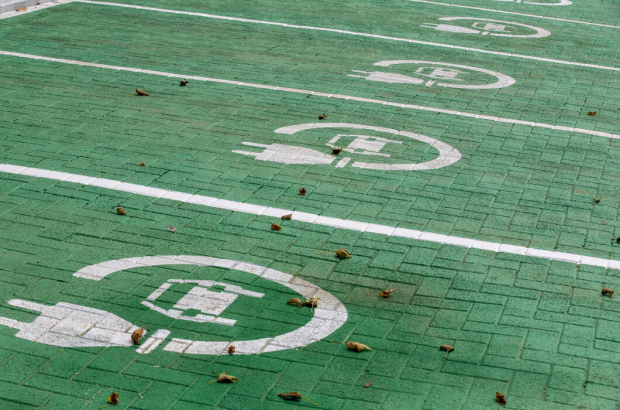- Daily & Weekly newsletters
- Buy & download The Bulletin
- Comment on our articles
Plans to phase out fossil-fuel cars from 2027 too ambitious, says mobility organisation
Mobia, the umbrella organisation for mobility federations Febiac, Renta and Traxio, has reacted to Flanders' plan to ban the registration of new fossil fuel cars from 2027 and used cars from 2030, fearing that these deadlines will be difficult to reach for many motorists, while the European Union's deadline has been set for 2035.
"Assuming that in 2027 the availability of electric cars is sufficient for the entire new car market, a problem certainly arises for a fully electric used car market in 2030,” the statement from Mobia read. “There are - and there will be - too few used electric cars registered by 2030 to meet the future demand of the second-hand market in 2030. It should be remembered that the second-hand market is traditionally larger than the market for new registrations in terms of the number of registrations."
"In the context of significant growth in the share of electric cars, it is important that regional governments ensure that our electric ecosystem is ready for the arrival of two million plug-in vehicles by 2030,” Mobia added. “Will tariffs be affordable, will infrastructure be accessible, will power grids be resilient enough for this acceleration of electromobility and will the amount of energy needed be available?"
Mobia also stated that – like the EU – the wider issue of carbon neutrality should be considered in favour of the narrower interpretation of just swapping to electric cars. Other technological developments should not be ruled out in advance.
Finally, Mobia called for complete harmonisation between the federal level and the regions, with the agenda to be adapted to the pace of European reform. "Let's work on a clear and realistic programme, spread over time. We must avoid plunging consumers and businesses into even greater uncertainty, as this harms both the purchase decision and the greening of the car fleet," the organisation concluded.
Mobia was responding to reports in several Flemish newspapers on Tuesday which revealed that the registration of only "green" cars in 2027 was one of the proposals tabled in the Flemish government's recent climate discussions.
In concrete terms, this would mean that it would no longer be possible to register new cars with petrol, diesel or hybrid engines from 2027, a few years before the European deadline of 2035 and faster than all other European countries, except Norway. Used cars would follow in 2030.
"A survey shows that electric cars will cost the same as other cars in 2026,” explained Flemish mobility minister Lydia Peeters. “This eliminates a serious obstacle. In addition, many depreciated electric company cars will end up on the market."
The automotive organisation Touring "welcomes the electric revolution", but it believes that the availability of private and public charging infrastructure, security of supply and the cost of energy will determine whether this plan has a chance of success. It also points out that the electric car will not be able to offer a sufficient response to the needs of all motorists with regard to their personal or professional situation.
"Public authorities must ask themselves whether forcing everyone to switch to electric in a few years will not have a higher cost than the benefit that will be derived," a statement from Touring said.
The organisation also has very serious doubts about the feasibility of such a measure for the second-hand market. In its eyes, the 2030 goal is "absolutely unattainable". With 600,000 registrations per year, this market is larger than that of new vehicles. And barely 5% of them are electric, it observed.
Meanwhile, in Brussels, the cabinet of the Brussels climate and energy minister Alain Maron announced that 250 additional charging stations for electric vehicles will be installed in the Brussels-Capital Region in 2022.
These installations will double the number of charging stations installed on the road so that a charging solution is located within 250 metres of each Brussels resident.
The Brussels government intends to deploy 11,000 charging stations by 2035 with the ambition of transforming the capital's car fleet in order to reduce CO² emissions related to transport.
A basic network of 250 charging stations for electric vehicles has already been installed in the Brussels region, as part of the Charge.brussels project.
"Through this first batch, we will also install about 30 charging stations exclusively dedicated to car-sharing, and will test an innovative solution of charging points on public lighting," the minister's statement added.
In the coming years, other batches of charging stations will be put on the market and will gradually complete the network of charging stations installed in the capital.


















